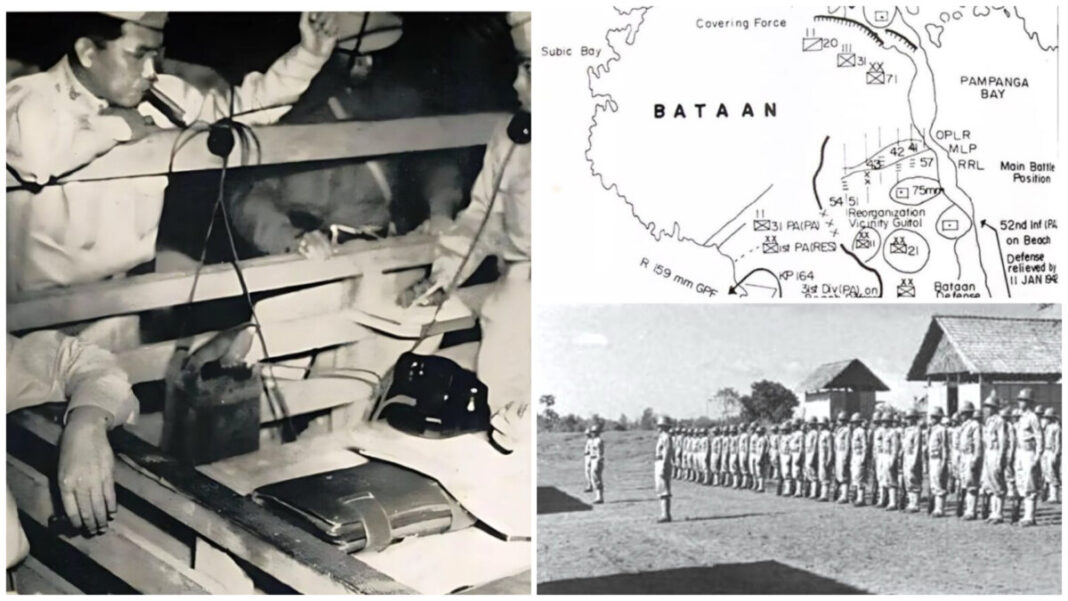Every April 9, the country pauses for Araw ng Kagitingan—Day of Valor—to honor the Filipino and American soldiers who fought during World War II, especially those who endured the Bataan Death March.

Speeches are given, wreaths are laid, and social media platforms are flooded with hashtags of bravery. But beyond the ceremonial rituals, we must ask: Do we still need to commemorate it?

The answer isn’t as simple as “yes” or “no.”
Remembering History or Repeating It?
Araw ng Kagitingan is rooted in our collective memory of resistance—of standing firm against a brutal occupation.
The Bataan Death March was not only a military defeat but also a human tragedy. Around 76,000 soldiers were forced to march over 100 kilometers under deadly conditions. Thousands died. And yet, what made it into textbooks was often just the American narrative, with Filipino valor playing second fiddle.

Commemorating Araw ng Kagitingan should not only be about mourning or romanticizing sacrifice. It must be a day of reckoning—a time to reflect on the structural reasons why Filipinos have continuously been caught in wars not of their making.
The Philippines was a colony under the U.S. when World War II erupted in the Pacific. We weren’t defending our own independent republic. But, we were defending an empire that never truly treated us as equals, even until the present imperialist stage.
So when we say “gallantry,” whose gallantry are we truly celebrating?
Valor Without Liberation?
Underneath the pageantry lies a contradiction. Every year, we honor the bravery of those who resisted fascism, yet we continue to live in a system that breeds injustice, inequality, and neocolonial control.
Many of the ideals that the WWII veterans died for—freedom, sovereignty, justice—remain unfulfilled. In fact, our history since the war has been marked by foreign military presence, economic dependence, and elite domination of politics.
From the post-war reconstruction that enriched a few families to the Marcos dictatorship that distorted nationalism for authoritarian ends, the promise of liberation has always been postponed.
The real question is: how do we honor courage without questioning the system that demanded so much of it?
Araw ng Kagitingan Today: Commemoration as Resistance

If we are to keep observing Araw ng Kagitingan, then let it be more than just a government holiday or a moment for hollow platitudes.
Let it be a reminder of unfinished revolutions. Let it spark critical conversation about nationalism, militarization, and the real heroes among us—those who continue to resist oppression in all forms.
From the Lumad defenders in Mindanao, to workers striking for fair wages, to activists red-tagged for speaking truth—they are the modern-day bearers of “kagitingan.”
Their battles may not be on war-torn islands, but in courtrooms, on picket lines, and in community organizing.
So, Do We Still Need It?
Yes—but not in the way we’ve been taught. Araw ng Kagitingan must evolve. It should be less about glorifying war and more about interrogating why we keep fighting. Less about memorizing dates, more about mobilizing people.
Valor is not found in obedience to power… it’s found in the resistance against it.
As we commemorate April 9, may we not only remember the fallen but also ask what they fought for. Ultimately, whether we are still fighting for it today.

